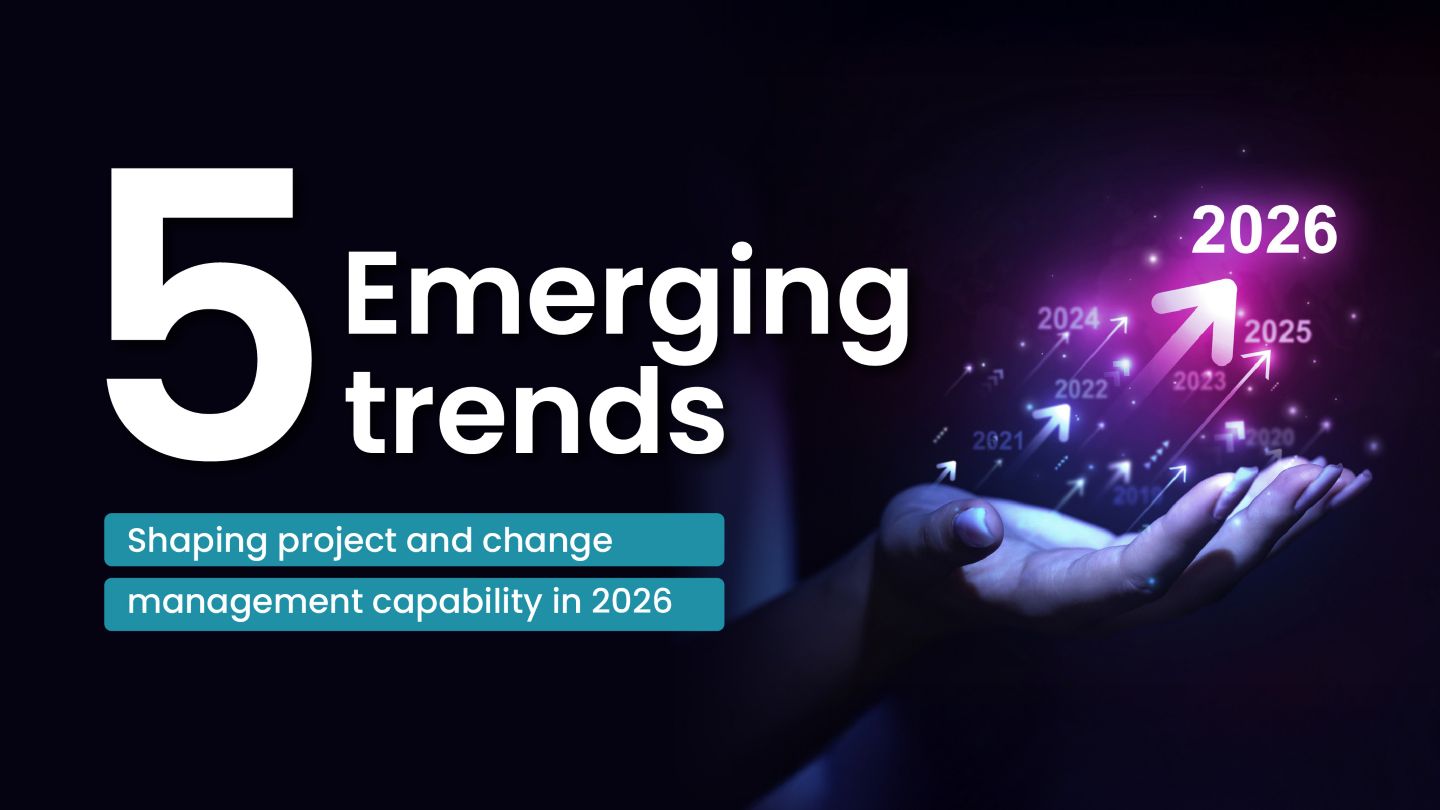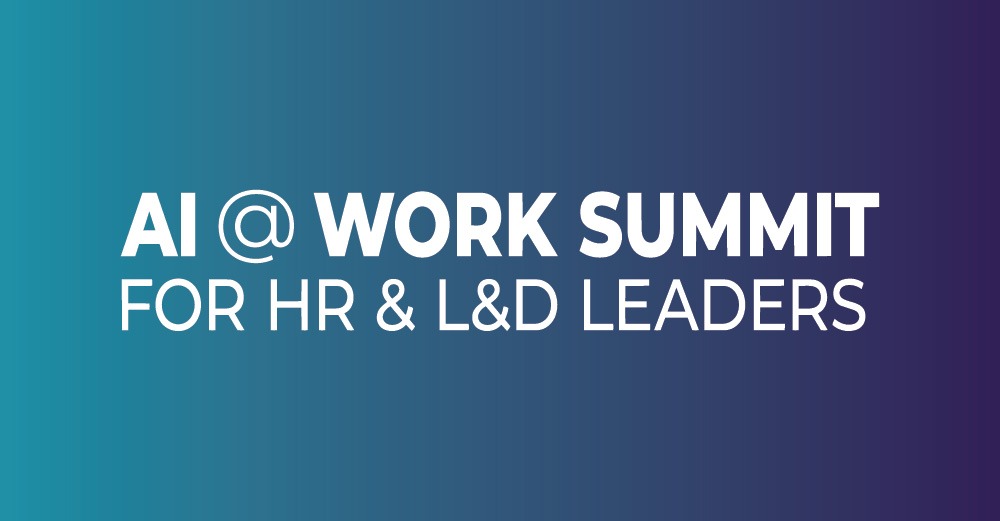Top 5 Facilitation Tips

The word facilitation can be interpreted differently by different people. So what does facilitation really mean for project managers, business analysts, PMOs and the business?
I like to think of facilitation as the process of planning, designing and running a productive and impartial meeting or workshop (“event”). As a Facilitator (unlike a trainer) I do not seek to impart knowledge or expertise on the topic of the event, own the topic nor entertain or lead.
A good Facilitator will:
- Ensure team activities are more productive
- Improve the management of stakeholder interactions
- Inspire teams with creative thinking models
- Observe and interpret difficult behaviour and intervene effectively
“If the Objective is defined and the Process has been designed to match the need then (in Pareto terms) 80% of the difficulties of managing a meeting/event will have been absorbed”
Tony Mann, Facilitation Develop your Expertise
Key Tips for the Successful Facilitator
- Know yourself as a Facilitator – What are your key personal strengths and in what situations are you most and least comfortable. For example how would you rate yourself in terms of:
- Reaction to stress. Are you calm under pressure?
- Speed of reaction. Are you quick to respond and able to handle any crisis in a workshop?
- Reaction to change. Are you unnerved by uncertainty and change oriented?
- Facilitation toolkit. Are you focussed on applying facilitation process as opposed to being a subject matter expert on the task?
- Breadth of knowledge. Do you have a broad general knowledge to draw on analogies to put the situation in context?
And are you most comfortable when:
- You have plenty of time for an event (or do you prefer working under tight time constraints)?
- There is certainty (or uncertainty) about the workshop outcomes?
- The group is small (or large)?
- The attendees are junior (or senior)?
- The impact of the outcome is minimal (or strategic)?
- Agree roles for the event. The role of the Facilitator is not to be the subject matter expert or to present opinions; you are not a trainer or consultant. Your role and others in the workshop need to be defined and agreed. What is the role of your client (“sponsor”) during the workshop? Is it clearly understood that as a Facilitator you are facilitating the process, not answering questions on the topic?
One of the main questions I get asked is should the Facilitator be the scribe? Preferably no!
Remember also that if you are truly using facilitation tools, much of the outcome of the workshop will be captured physically on whiteboards, flipcharts and post-its (remember also to take photos).
- Plan the event. It goes without saying that preparation is the key. Plan the event by first understanding the outcome to be achieved and the degree of complexity/uncertainty of this outcome. Then plan which facilitation tools and techniques can assist in achieving the objective. Remember that as a Facilitator you may need to adapt your plan during the event. Sometimes a planned (and tried and tested) method may not work with a particular group and you may need to invent a different approach.
- Understand the group maturity. If the group is not used to “facilitation” – read unwillingness to use flipcharts, post-its etc, sitting around the same table/same place each time, never breaking into sub-groups with the “chair” having the power – as opposed to a group that uses the walls (not the table) as the workspace, applying a variety of facilitation methods, you as the Facilitator need to adjust your style accordingly.
- Remember there are no difficult people. Emotions such as anger, frustration and over-excitement are typically symptoms of an ill-defined objective or inappropriate facilitation method. As a Facilitator you need to handle emotions effectively through ensuring the objective of the session is clear and that appropriate techniques are understood and applied.
Facilitation is a skill that can be used in diverse situations by different roles. The key is understanding that as a Facilitator you are not seeking to be a subject matter expert in the task at hand but rather orchestrate a better (facilitated) outcome.
Speak to one of our professional development consultants on 1300 70 13 14.







